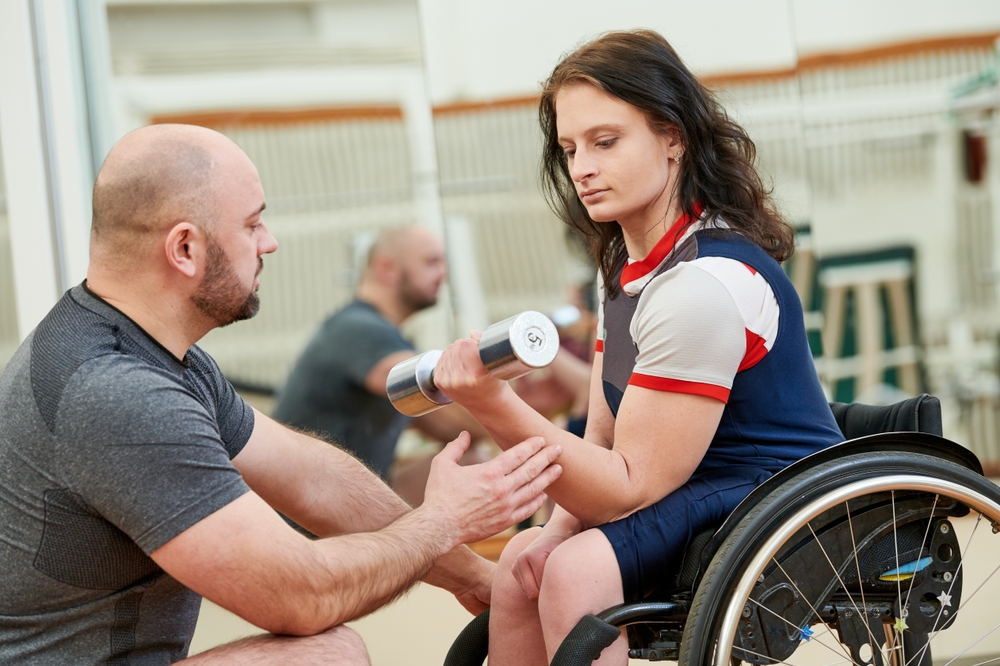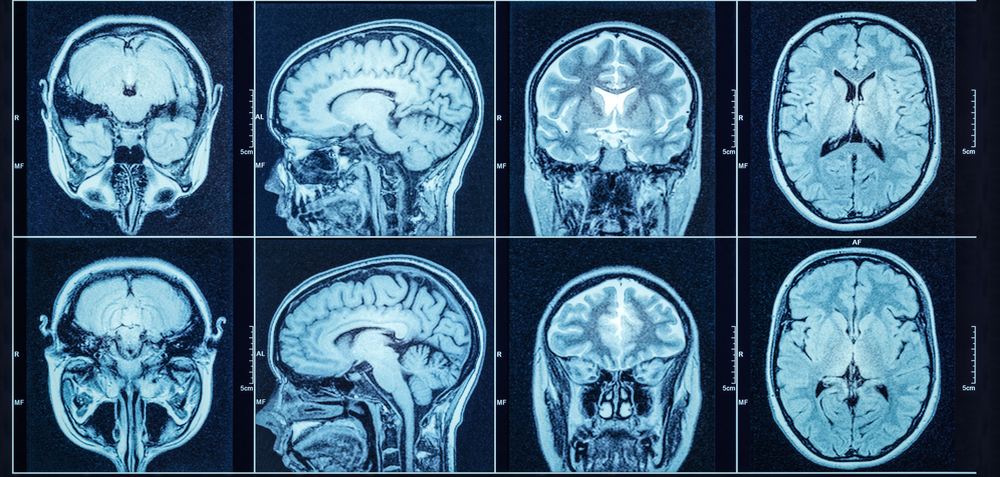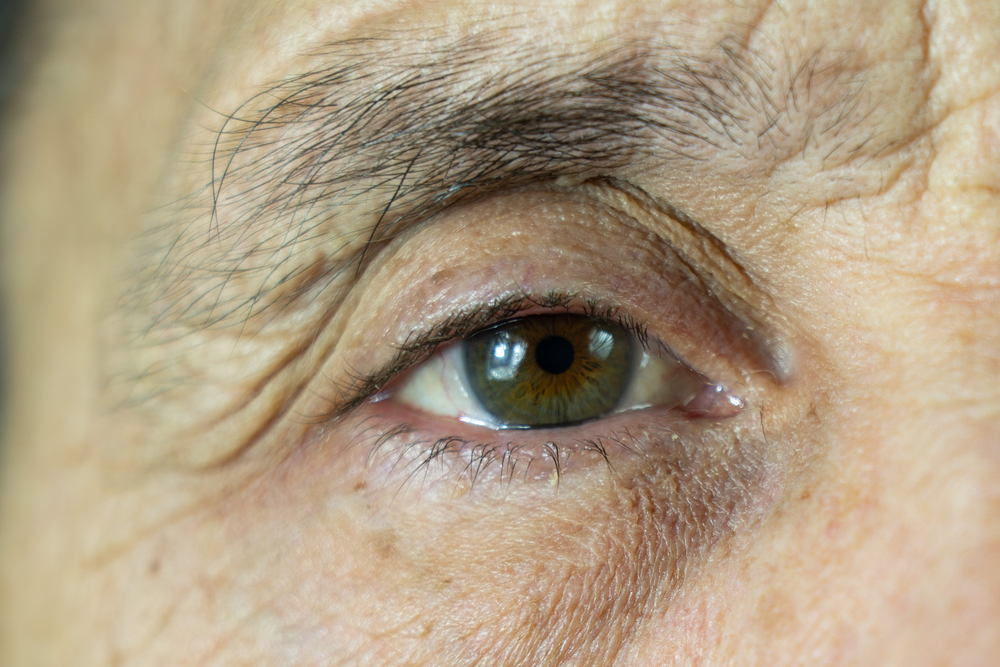Make an Appointment
Navigating NDIS therapy options can be challenging, but finding the right approach is key to achieving the best possible outcomes. Whether you prefer the familiarity of an in-clinic setting, the convenience of in-home services, or the flexibility of online (telehealth) therapy, your care should be tailored to your unique needs and lifestyle. In this blog, we explore the different modalities available for NDIS therapy, providing insights into how each approach works and the benefits they offer.

Understanding NDIS Therapy Options
NDIS therapy is designed to support you in achieving your personal goals, enhancing your independence, and improving your overall quality of life. The three main delivery methods are:
In-Clinic Therapy:
Traditional, face-to-face sessions conducted at a healthcare facility.
In-Home (Mobile) Therapy:
Therapy provided in your own home, offering personalised, convenient care.
Online (Telehealth) Therapy:
Remote treatment delivered via digital platforms, enabling flexible access to services.
Each option has its own strengths and may be more suitable depending on your personal circumstances, mobility, and preferences.

In-Clinic Therapy: Traditional, Face-to-Face Support
What to Expect:
In-clinic therapy offers the benefits of direct, hands-on support from experienced professionals. You’ll have access to state-of-the-art equipment and a controlled environment that can be tailored to your specific therapeutic needs.
Benefits:
- Direct Supervision:
- Immediate feedback and adjustments during therapy sessions.
- Access to Advanced Equipment:
- Clinics often have specialised tools and technologies to enhance treatment.
- Structured Environment:
- A consistent and distraction-free setting can promote focus and progress.
Considerations:
- Requires travel to the clinic, which might be challenging for individuals with limited mobility.
- Appointment scheduling may be less flexible compared to home or online options.
Learn more about in-clinic NDIS therapy at NDIS - Local Service Providers.
In-Home (Mobile) Therapy: Bringing Care to Your Doorstep
What to Expect:
Mobile therapy brings personalised care directly to your home. Therapists work within your familiar environment, allowing them to tailor interventions to your daily living context.
Benefits:
- Convenience:
- Eliminates the need for travel, reducing physical strain and stress.
- Personalised Environment Assessment:
- Therapists can assess your home firsthand and recommend modifications to enhance safety and accessibility.
- Flexible Scheduling:
- More adaptable appointment times that fit into your daily routine.
Considerations:
- May require a dedicated space in your home to conduct sessions.
- The range of equipment available might be limited compared to a fully equipped clinic.
Online (Telehealth) Therapy: Accessible, Remote Treatment Solutions
What to Expect:
Telehealth therapy offers the flexibility of receiving treatment from the comfort of your home through digital platforms. Virtual consultations, video conferencing, and interactive apps facilitate ongoing care and support.
Benefits:
- Accessibility:
- Ideal for individuals in remote areas or those with severe mobility challenges.
- Flexible and Convenient:
- Schedule sessions at times that suit your lifestyle, with no travel required.
- Continuity of Care:
- Easily maintain regular therapy sessions even during adverse weather conditions or other disruptions.
Considerations:
- Requires reliable internet connectivity and familiarity with digital tools.
- May not be suitable for all types of interventions, particularly those requiring hands-on adjustments.
Discover more about telehealth options at NDIS Telehealth Services.

Options Available with Physio Inq
At Physio Inq, we understand that one size does not fit all when it comes to NDIS therapy. That’s why we offer a range of flexible service delivery options to ensure that you receive the best possible care:
Integrated In-Clinic Services:
Our in-clinic sessions provide you with access to advanced therapeutic equipment and face-to-face support from our expert clinicians, ensuring hands-on guidance and immediate feedback.
Personalised In-Home (Mobile) Therapy:
For clients who prefer the comfort and convenience of receiving treatment at home, our mobile services bring personalised therapy directly to you. This option is particularly beneficial if travel is challenging or if you need a home environment assessment for tailored care.
Flexible Online (Telehealth) Therapy:
For those who are tech-savvy or live in remote areas, our telehealth services offer flexible, high-quality virtual care. This modality allows you to stay connected with your therapist from anywhere, ensuring continuity of care even during unforeseen circumstances.
By offering these varied options, Physio Inq ensures that you can access therapy in the way that best suits your needs and lifestyle, maximising your treatment outcomes and overall satisfaction.
Learn more about our integrated allied health services by visiting our website.

Frequently Asked Questions
What are the different ways to receive NDIS therapy?
NDIS therapy can be delivered in three primary ways: in-clinic, in-home (mobile), and online (telehealth). Each method offers distinct benefits based on your mobility, comfort, and lifestyle.
How do I choose the right therapy delivery method for me?
Consider factors such as your ability to travel, the nature of the treatment required, your personal preferences, and your familiarity with technology. Consult with your healthcare provider to determine the best approach.
Are telehealth services effective?
Yes, telehealth has proven effective, especially for maintaining continuity of care and providing flexible, remote support. It is particularly beneficial for those with limited mobility or living in remote areas.
What are the benefits of in-home therapy?
In-home therapy offers convenience, personalised environment assessments, and flexible scheduling, ensuring that your treatment is tailored to your specific needs without the stress of travel.
How does in-clinic therapy differ from mobile or telehealth options?
In-clinic therapy provides access to advanced equipment and direct, hands-on support from therapists, whereas mobile and telehealth services offer the convenience of receiving care in your own home.

Conclusion
Choosing the right approach for your NDIS therapy is essential for maximising your rehabilitation outcomes and achieving greater independence. Whether you opt for traditional in-clinic sessions, the convenience of in-home (mobile) therapy, or the flexibility of online (telehealth) care, each method offers unique advantages that can be tailored to your individual needs. With Physio Inq’s range of service options, you can access high-quality, client-centred care that supports your journey towards improved health, mobility, and independence.

Take the Next Step:
If you’re ready to explore tailored NDIS therapy options that work for you, contact us today to book an appointment or make a referral. To learn more about our comprehensive services, please explore:
Embrace a future where your therapy is tailored to your lifestyle, ensuring that you receive the support you need in the way that suits you best.

Date Published: Friday, March 28, 2025
Locate a Speech Pathology Telehealth (2)
Service Near me
Get the experience & convinence you deserve to support your or a loved one's allied health needs.
Our Speech Pathology Telehealth (2) team are currently serving & taking appointments in the following states and regions in Australia:
Need to get into direct contact with ur Client Services team? We're all ears. Call our team directly on 1300 731 733










